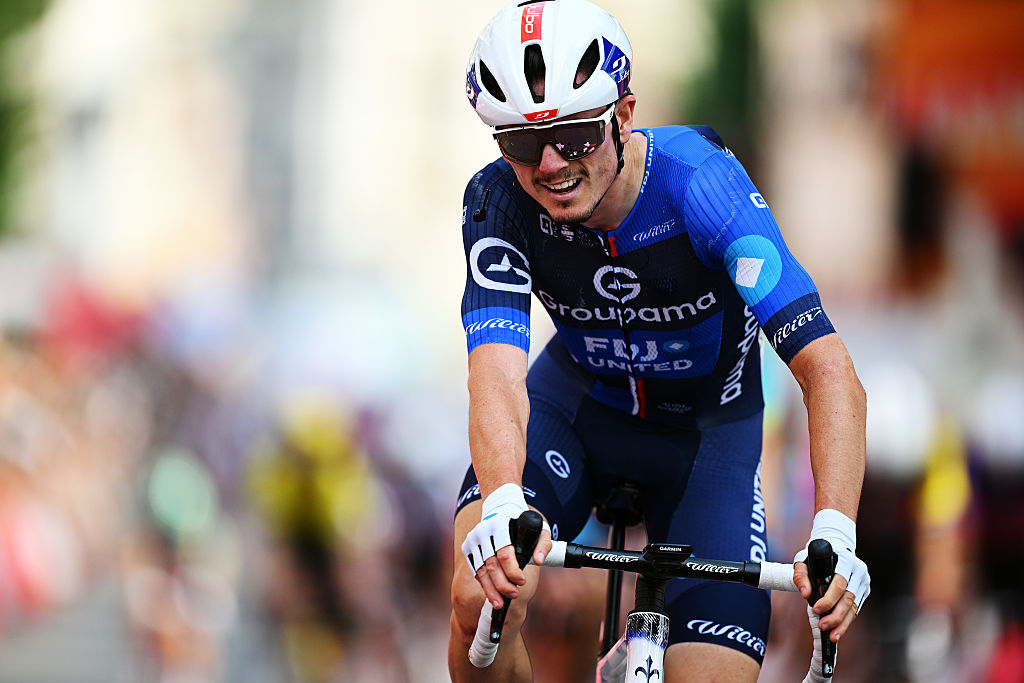Paolini admits to cocaine use and sleeping tablet addiction
Italian says cocaine positive was a wake-up call
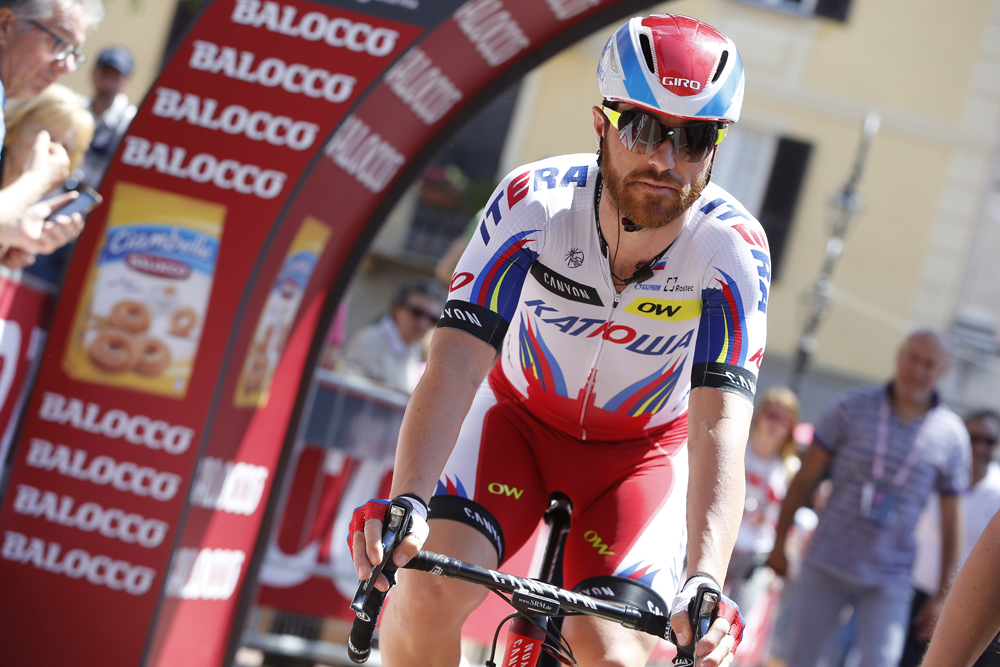
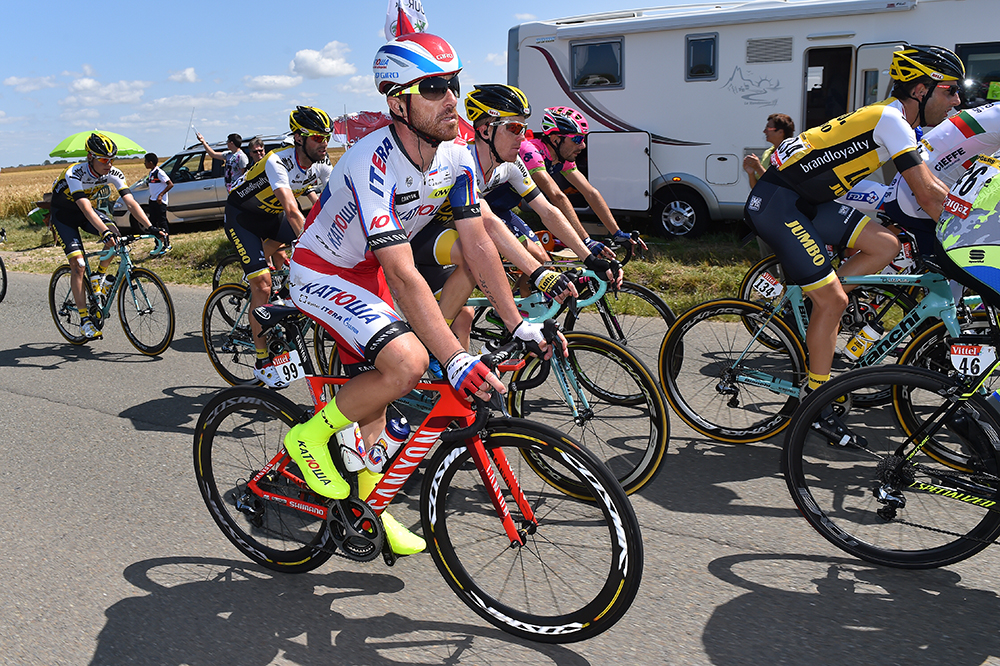
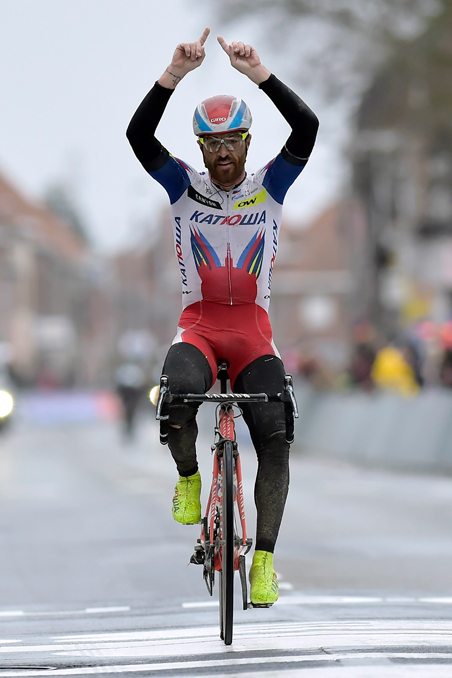
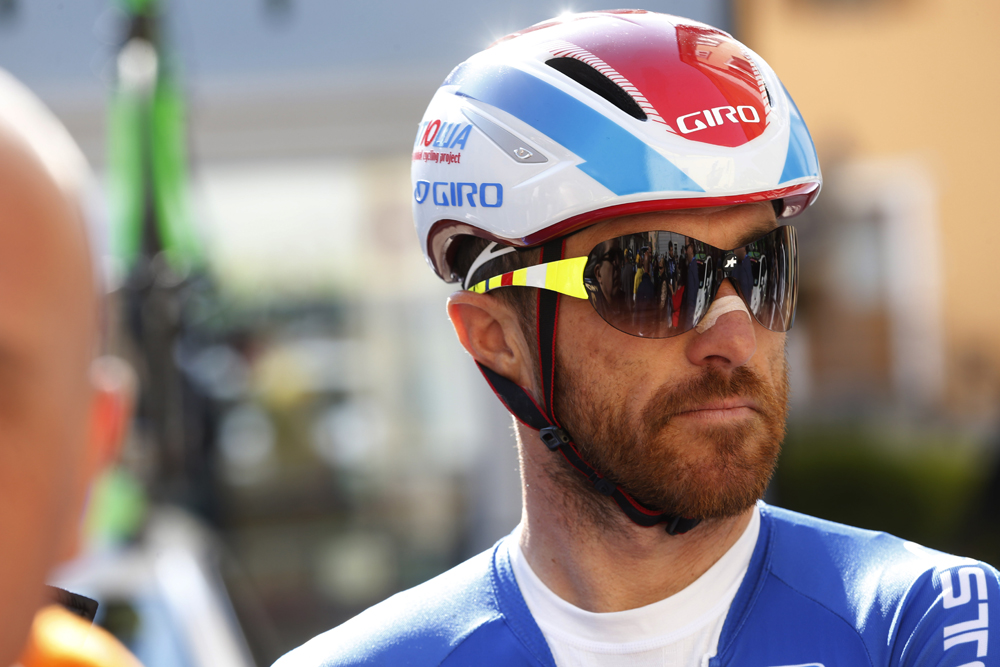
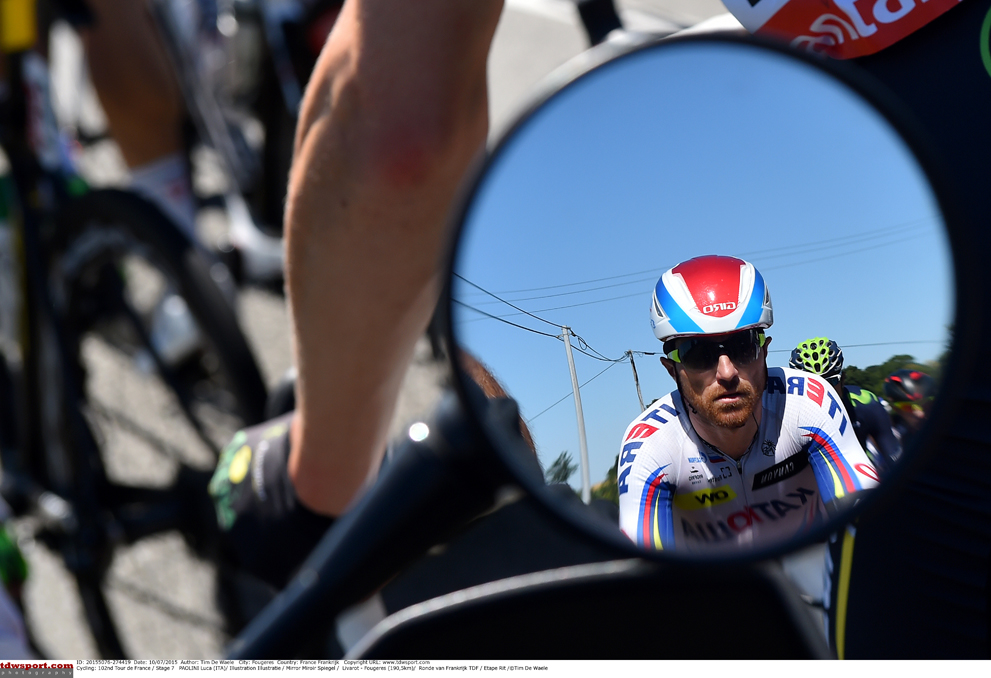
Speaking for the first time since he tested positive for cocaine during the 2015 Tour de France, Luca Paolini has admitted to using the drug. During the interview with Italian newspaper Gazzetta dello Sport, Paolini also revealed an addiction to sleeping tablets, calling himself a slave to the pills.
The veteran rider has been on the sidelines since the ‘adverse analytical finding’ was revealed on July 10. He has since spent time in a clinic to begin ‘detoxification’ and said that the aftermath of the positive test in July was the wake-up call that he needed. “I was a slave to the sleeping pill, it was very sad,” Paolini said in Gazzetta dello Sport. “I quickly realised that this was no accident. I got rid of the sporting aspect, but I was reborn on the human side. No, I do not know if I would do it again. Cocaine made me open my eyes and realize what it was like to be dependent on sleeping pills.
“Thanks to the cocaine episode, I'm back to being a person. I have returned to living. If this is the price to pay to feel good as a person, I am more than willing to accept it… I take full responsibility, and I must not look for excuses. But I tell you this story so that people do not repeat the same mistakes.”
His teammate Alexander Kristoff revealed Paolini’s use of sleeping tablets in an interview with Cyclingnews earlier this month, saying, “I know that he was struggling to sleep at night and to wake up in the day.”
Paolini has been a long-standing member of the professional peloton after signing with Mapei-QuickStep in 2000. He’s got stage wins in the Giro d’Italia and the Vuelta a Espana and took victory in this year’s wind-battered Gent-Wevelgem. He was part of Katusha’s Tour de France squad, where he was set to help sprinter Alexander Kristoff and general classification hopeful Joaquim Rodriguez. However, he was thrown out of the Tour de France and later suspended from the team following a positive doping control for cocaine after stage 4.
The 38-year-old took to Twitter soon after the positive was revealed to deny that he had ever taken cocaine and apologise for the incident. In this extremely personal piece for Gazzetta dello Sport, Paolini admits to taking the drug saying that it stemmed from his addiction to sleeping pills that began when his brother passed away just over 10 years ago.
“It all started with sleeping pills, whose main active ingredient is benzodiazepine [a class of psychoactive drug that can alter brain function –ed]. But this creates an addiction,” he explained. “I needed a good night's rest to meet the physical and mental effort the next day. I started in 2004 when my brother died. The real problem is everyday life. There are big problems and smaller, but it all adds to this very stressful sport. Mentally, it affects you a lot. It's at the time you start taking the substance, and that is sad. These errors led me to cocaine.
The latest race content, interviews, features, reviews and expert buying guides, direct to your inbox!
“The worst occurs at night when benzodiazepine gains power I lose lucidity. And then came the cocaine. For me, it was inevitable. I did it almost without realizing it. I was alone that night, I was alone during the two weeks of training in the mountains in mid-June, before the Tour, when I took cocaine. And I cannot forgive myself. I am a husband, father, and a prominent sportsman, I had to be an example, I betrayed a generation that believed in me. This is what hurts me.”
It was announced earlier this month by the UCI that Paolini’s case has been referred to the UCI Anti-Doping Tribunal where a judgement will be made on whether to suspend him or not. Katusha team manager Viatcheslav Ekimov told Cyclingnews earlier this month that Paolini could race for the team again should he be cleared. Paolini is aware that the positive test could spell the end of his career, but he remains pragmatic about it.
“I do not know if I will have the chance to put a number on my back, but the biggest lesson I received: I must not hide everything inside when there are problems I have to ask for help.”

